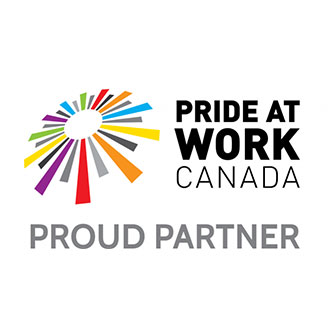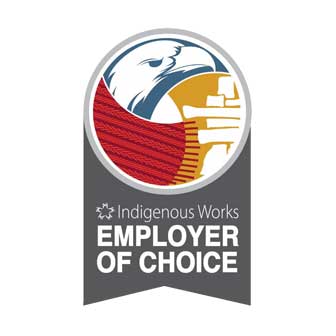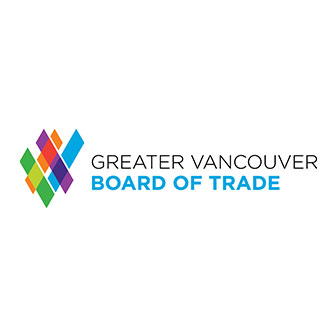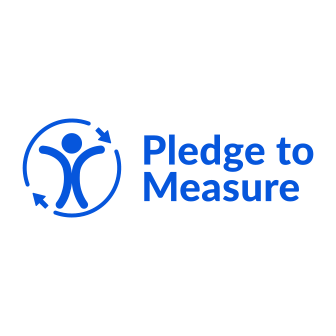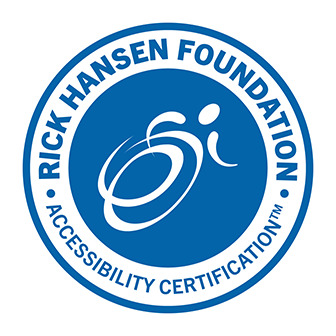A Healthy Approach to Diversity, Equity and Inclusion

Our Commitment to you
Pacific Blue Cross is committed to promoting and protecting diversity, equity and inclusion (DE&I) of its employees and members. As BC’s Health Benefits Society, we also understand that DE&I is a journey not a destination.
Internally, Pacific Blue Cross has created multiple DE&I eLearning modules including Intro to Diversity, Beyond Bias, Indigenous Awareness, Gender Awareness, Respect Matters and Diversity in Action. Pacific Blue Cross is a sponsor of the Diversity and Inclusion Leadership Council with the Greater Vancouver Board of Trade, are members of the Canadian Centre of Diversity Inclusion and partners with Pride at Work.
Learn about Diversity, Equity & Inclusion

A Foundation for Greater Understanding
This module will help you to better understand our diverse world and appreciate the uniqueness of both ourselves and others around us.

Beyond Bias
This module will help you to better understand how we naturally form perceptions and how can they impact our daily lives.

Gender Awareness
This module will help you to better understand what gender is and the importance of shifting to gender-inclusive language which respects and acknowledges gender identities of all people. Created in partnership with Trans Care BC.
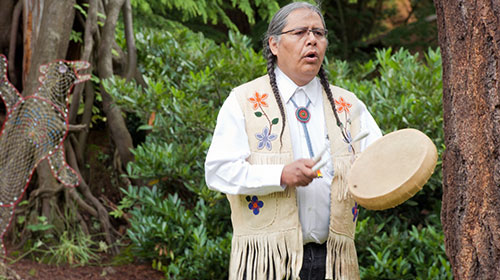
Indigenous Awareness
This module will help you to better understand the history of the Indigenous People in Canada and how it impacts our world today. Created in partnership with First Nations Health Authority.

Diversity, Equity, and Inclusion in Action
This module is intended to help us on our journey towards creating cultural safety and humility in our work place.
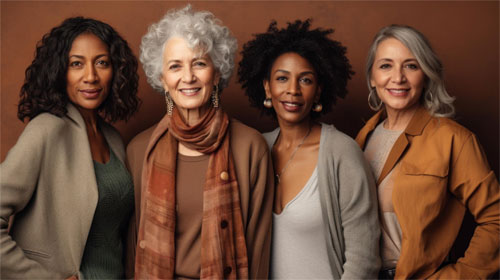
Menopause Matters
This module provides you with an introduction to understand perimenopause to menopause to post menopause. Created in partnership with Menopause Chicks.
We look at diversity with humble eyes and value any thoughts or concerns you may have with our learning modules. Feedback can be provided to coursefeedback@pac.bluecross.ca
Gender Identity
We recognize gender identifiers exist beyond the binary – such as trans+, non-binary and Two-Spirit. At Pacific Blue Cross, we are committed to recognizing diversity within our current operating environment through preferred pronouns during conversations, gender-neutral written communications, ongoing diversity education for our staff, support for organizations promoting diversity and inclusion and we will continue to support and inform ourselves of ongoing learning about the impact of other gender identifiers on health.
We are actively assessing the requirements to align our systems, products and underwriting processes with our culture of support and acceptance for diversity and inclusion, ensuring that we continue to make updates that reflect our commitment to fostering an inclusive environment.
Gender affirmation at Pacific Blue Cross
As a not-for-profit organization, we are dedicated to addressing the diverse needs of our members and employees. We strive to make enhancements swiftly and we appreciate your understanding and patience as we work towards our shared goal – to improve health and wellbeing for British Columbians.
Truth & Reconciliation
We are committed to building partnerships with Indigenous Peoples in British Columbia to advance reconciliation through dialogue, understanding and action.
Pacific Blue Cross acknowledges that our operations are located in the province of British Columbia (BC) and on the traditional territories of many distinct First Nations with different cultures, languages and unique dialects. Our head office is located on the unceded traditional lands of the Coast Salish Peoples, specifically the shared traditional territories of the Sḵwx̱wú7mesh Úxwumixw (Squamish), Tsleil-Waututh, xʷməθkʷəy̓əm (Musqueam) and Kwikwetlem First Nations.
At Pacific Blue Cross, we are committed to improving the health and wellbeing for all British Columbians. Through our partnerships with First Nations people and the First Nations Health Authority (FNHA), we are working on addressing inequities and closing the gaps in health care services delivery, especially those who reside in rural or remote areas.
Truth and Reconciliation begins with recognizing the history and legacy of colonization, the Indian Act and the devastating impact of Indian Residential Schools on Indigenous Peoples, their families and their communities. For those of us responsible for the delivery of health care, we must act to address the inequities Indigenous Peoples face when it comes to accessing services and care.
We are committed to building respectful partnerships with Indigenous Peoples through meaningful consultation and collaboration. We partnered with the FNHA to support, facilitate and improve access to services, benefits and care for First Nations people in BC. In 2019, we began administering health benefits on behalf of our First Nations clients. This partnership allowed Pacific Blue Cross and the FNHA to co-create a new model to meet the health care needs of First Nations people in BC and support First Nations leaders to achieve self-governed health services. As a result, we have successfully enrolled 147,000 new First Nations members from over 200 communities across the province onto our platform, which provides them with easy access to health services without additional costs. In the initial launch phase, the FNHA saw a significant increase in the number of members accessing dental benefits.
Our dedication to Call to Action 92 and the Declaration of Commitment on Cultural Safety and Humility in Health Services lives through our onboarding process and ongoing training programs. They offer culturally appropriate training for our employees on the history of Indigenous Peoples in Canada and advance the development of cultural humility and cultural safety within health services.
Pacific Blue Cross is committed to building partnerships with Indigenous Peoples in BC to advance reconciliation through dialogue, understanding and action.

